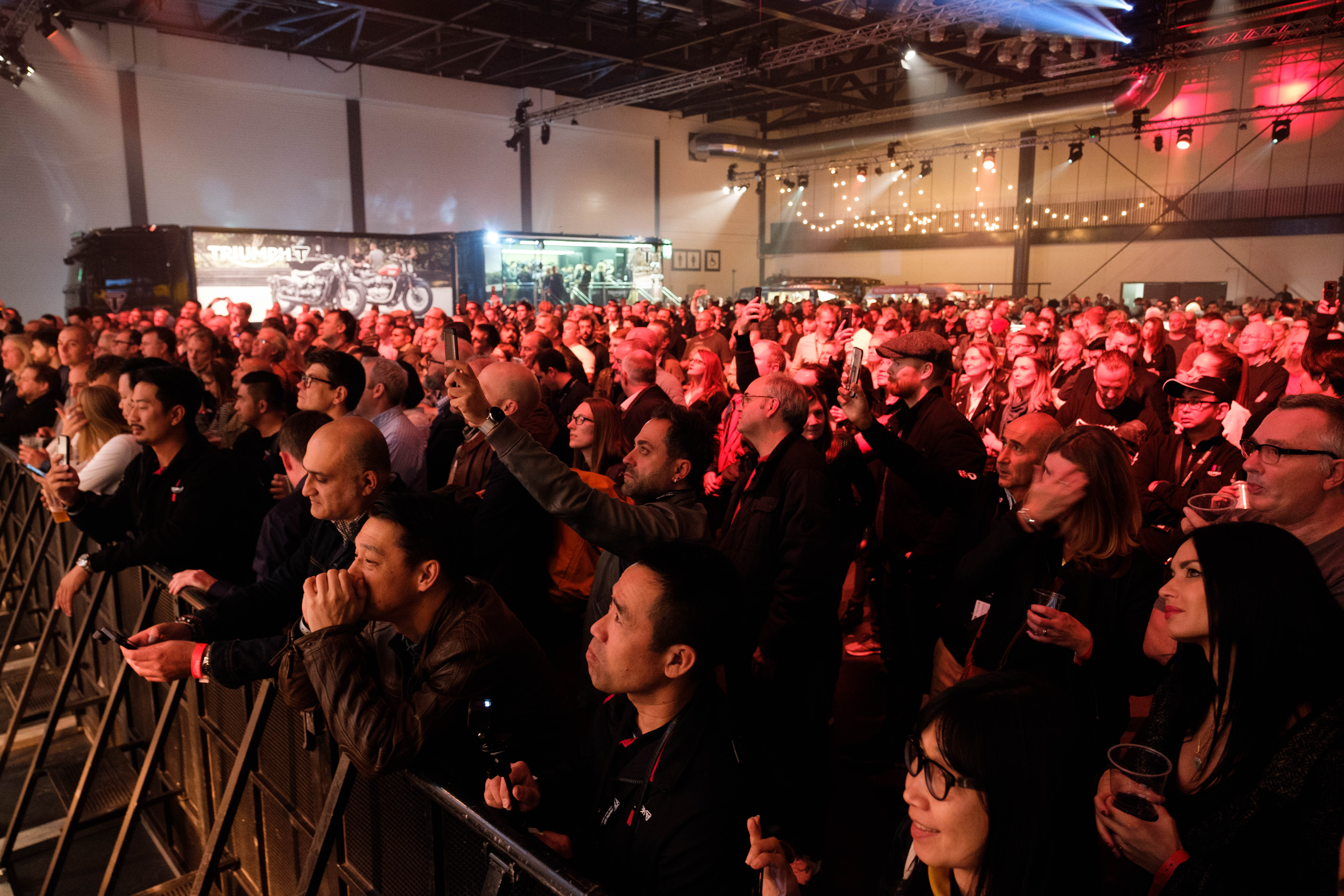You know you want to host an event whether live or virtual. You have your budget. You have your ideas. But who will make all this a reality? An event manager. However, with thousands of different options, how do you know who is the best fit for your company and your project? The right event management company will align perfectly with your company values, communicate effectively and understand your vision. They will also challenge when necessary. You need to ask questions that will ultimately reveal the right event management company.

We have collated 10 important decision-making questions to help you make your choice:
- Which services do you offer?
- What is included in your fee?
- Who will work on the event?
- How much time will you need?
- How will you manage the timeline?
- If a live event, how do you choose an event venue?
- Do you have good vendor contacts?
- How do you manage the event budget?
- What technology are you familiar with?
- How do you measure event success?
Event management involves many turning cogs, therefore it is important to ensure that your event manager can perform all the services you require. Equally, the client may assume you can only assist in one area, and source multiple companies/individuals to organise the various moving parts of their event. This can increase workload by having more than one point of contact and can generally raise the overall event spend. Make sure you are fully aware of the range of services that your event manager offers and streamline where possible.
- What is included in your fee?
Establishing what you’ll get for your money, and what will cost you extra will help you to determine additional charges such as travel expenses and support staff. Good event managers generally add a contingency spend in, just in case of emergency. If it is not spent it is paid back post event, so you don’t lose out on anything.
- Who will work on the event?
Find out who your main point of contact will be and how many other people will be involved in organising the event. Getting an overview of who everyone is and how to contact them is very useful. Normally a ‘kick-off’ meeting will be arranged, where the client can meet the team and get to know who is working on what.
- How much time will you need?
It is vital to ask your event manager how much time they need to plan your event. This will depend on the size and type of your project, as well as how many other events the event manager is working on at the same time. Event managers are often juggling multiple projects at one time; this won’t impact on the quality of your event, but the more time you give the event manager to organise your event, the better it will be.
- How will you manage the timeline?
Once the event manager knows the time frame, they will need to set up a project plan for managing that time. This is a critical factor in event management. It’s an important question to ask because you want an event manager who has good time management skills and can prioritise work.
- If a live event, how do you choose an event venue?
Event managers normally have a vast list of venue contacts at their disposal. They will choose a venue based on your needs such as, capacity, availability, and location. Asking an event manager how they choose a venue will open up a dialogue to really get down to the nitty gritty of what you need and is a good way to gauge attention to detail as well.
- Do you have good vendor contacts?
Before you spend your time researching vendors, check with your manager who their contacts are. Usually a successful event management agency will have a whole host of perfect suppliers that will suit your event, saving you time researching and guessing whether you trust them to be a good fit. Event managers work hard to create lasting partnerships with trustworthy, good value for money suppliers, so they know you are working with the best whilst also getting the best for your budget; especially as these relationships often come with discounts on equipment, decor, transportation, catering, and entertainment as well!
- How do you manage the event budget?
The many moving parts of an event are determined by your budget. Ensure that you ask your event manager how they plan on managing your budget, this will put your mind at ease as you know exactly where your money is being spent. A general misconception between clients and event planners is that if the client gives too much away, they could do themselves out of a deal, however it’s quite the opposite. Knowing the budget saves both parties lots of time in the long run. Your event manager can evaluate your budget and your requirements. If you have a tighter budget, they can recommend what is achievable whilst still delivering a high standard of event.
The event manager will not spend your budget for the sake of it. They always look for creative ways of getting your message across using the best technology and systems within your budget. It’s a far more successful and streamlined approach to take and will build trust between you and your event planner.
- What technology are you familiar with?
Again, going back to our ‘which services do you offer’ question. This is something very important to ask, especially in these unprecedented times. With many events going virtual, it's important that your event manager is up to date with the latest event technologies. Events don’t stop just because we can’t meet face to face, it is vital now more than ever that employees feel engaged and motivated. Being familiar with the latest in virtual events could be the difference between your event going ahead or not, as well as the difference between a ‘run of the mill’ webinar and a truly interactive, virtual experience.
- How do you measure event success?
There are many ways to measure event success. As the client, it’s important to outline the objectives that you hope to achieve by delivering an event. Nevertheless, an event manager will have multiple methods of measuring event success such as ticket sales, attendee surveys, following social media activity and tracking through event apps, to name but a few! Ensure that, before and after the event, your event manager provides a predicted ROI and an actual ROI – this will demonstrate what went well and why, and what did not go so well and why. This constructive feedback is useful for both the client and the event manager, as the old saying goes, ‘you improve what you measure’.
Whatever format, budget or timeframe your event has, the most important thing is to work with your event manager to ensure that you both have all of the information you need. This will not only impact hugely on the finished product but will make the event management process smooth and more enjoyable for all parties involved.











